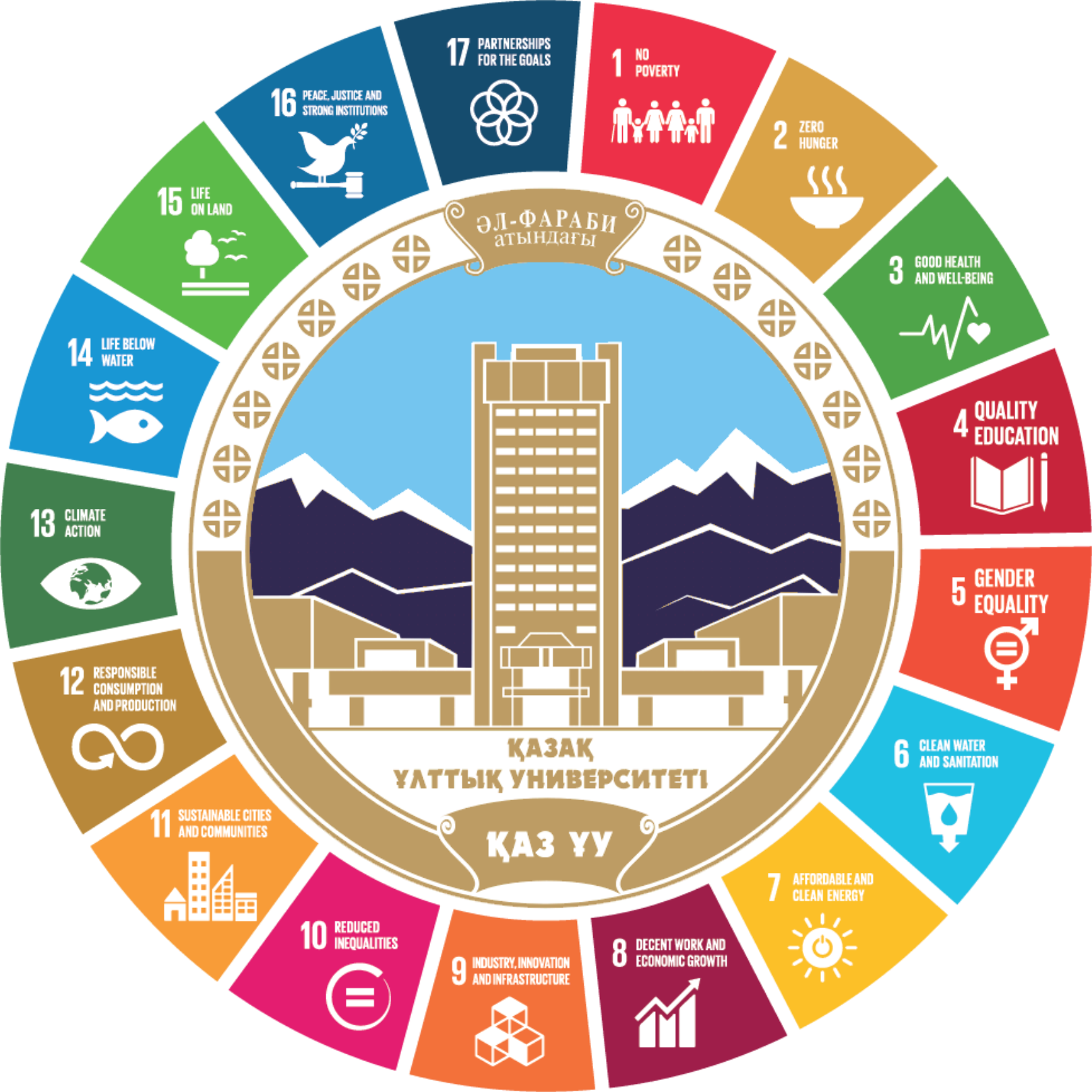AP14869934 «Development of a novel composite compost technology using cattle manure and low-rank coal for sustainable soil amelioration» (0122РК00605)
Views: 139
|
Name of the project
|
AP14869934 «Development of a novel composite compost technology using cattle manure and low-rank coal for sustainable soil amelioration» (0122РК00605) |
|
Relevance
|
Nitrogen loss from intensive animal production systems has a big negative economic impact and leads to environmental pollution. Lignite, a low-rank coal, is a cheap and readily available material predominantly used for energy production and chemical synthesis purposes. Though lignite is currently the biggest source of power generation in Kazakhstan, certain physicochemical properties of this coal justify its use in innovative agricultural technologies to produce a novel composite compost for mitigation of ammonia emissions thus preserving valuable nitrogen. Cattle manure, co-composted with lignite, would serve as an amendment for soil remediation and crop stimulation. |
|
Purpose
|
To develop a sustainable and cost-effective composite compost technology (1), combining cattle manure and low-rank coal under controlled laboratory and field conditions, to quantitatively evaluate its potential impact on soil health and productivity (2), and to thoroughly investigate the subsequent effects on crop performance, yield and quality (3). |
|
Objectives |
- to collect and characterize raw materials, including cattle manure and lignite. Knowledge of the nature of raw materials is important to formulate an effective product strategy. Lignite samples will be selected and collected from different Kazakhstani coal basins in terms of their disparate geographical/ecological locations. - to prepare the feedstock, i.e., co-composting materials with an accurate formulation, process condition and appropriate treatment. - to adopt and adapt in-vessel composting. Special vessels will be constructed to simulate full-scale composting behavior. This off-site composting enables better control and high process efficiency. The physicochemical, biological background and gas emission characteristics of lignite-loaded composting will be carefully characterized. - to examine the effects of operational conditions and environmental factors (temperature, pH, aeration) in order to achieve the best system performance. A phytotoxicity test to evaluate the applicability of the final product will be performed as well. - to design and manage full-scale open windrow composting. This on-site system with adequate planning and investment can provide a sustainable composting strategy. - to achieve the maximal conversion of manure-lignite to compost by addition of a bulking agent. Detailed studies on how a bulking agent influences on raw materials/feedstock will result in new opportunities to reach optimal composting efficiency. - to carry out comprehensive microbiological/biochemical analyses to identify the structural and functional effects of the additives on composting, as well as compost-microbe ecological interactions. - to evaluate the final product, i.e., composite compost for in-field application. The agronomic, environmental and economic effectiveness of soil amended with compost will be evaluated on statistical basis. The implementation of integrated, segregated composts as well as individual raw materials in the soil will be examined. - to investigate the test crop response to soil amendment. Crop yield and nutritional value, as well as economic profitability, will be evaluated. This step plays a prominent role in establishing final product performance. |
|
Expected and achieved results
|
The research project will result in the development of a reliable, robust and cost-effective co-composting approach of cattle manure with low-rank coal, and the application of its products to improve soil health and increase maize yield. |
|
Research team members with their identifiers (Scopus Author ID, Researcher ID, ORCID, if available) and links to relevant profiles |
Zhubanova Azhar, Doctor of Biological sciences, professor, h-index – 7, Scopus ID: 55768715900, Web of Science ID: Q-4319-2016; ORCID ID: 0000-0002-6942-5133. Akimbekov Nuraly Shardarbekovich, Ph.D. h-index – 12. Scopus ID: 45160897400, Web of Science ID: A-5130-2014; ORCID ID: 0000-0002-5262-5155. Tastambek Kuanysh Talgatuly, Ph.D. h-index – 7. Scopus ID: 57200176041, Web of Science ID: AAO-3781-2020; ORCID ID: 0000-0002-2338-8816 Alibekova Alina Altynbekovna, PhD student, h-index – 0, Scopus ID: 0, Web of Science ID: AGF-4851-2022; ORCID ID: 0000-0003-4476-5614. Nussipov Damir Assanovich, M.Sc., Web of Science ID: HDN-7999-2022, ORCID ID:0000-0003-3581-0671 |
|
List of publications with links to them |
- |
|
Patents |
- |



